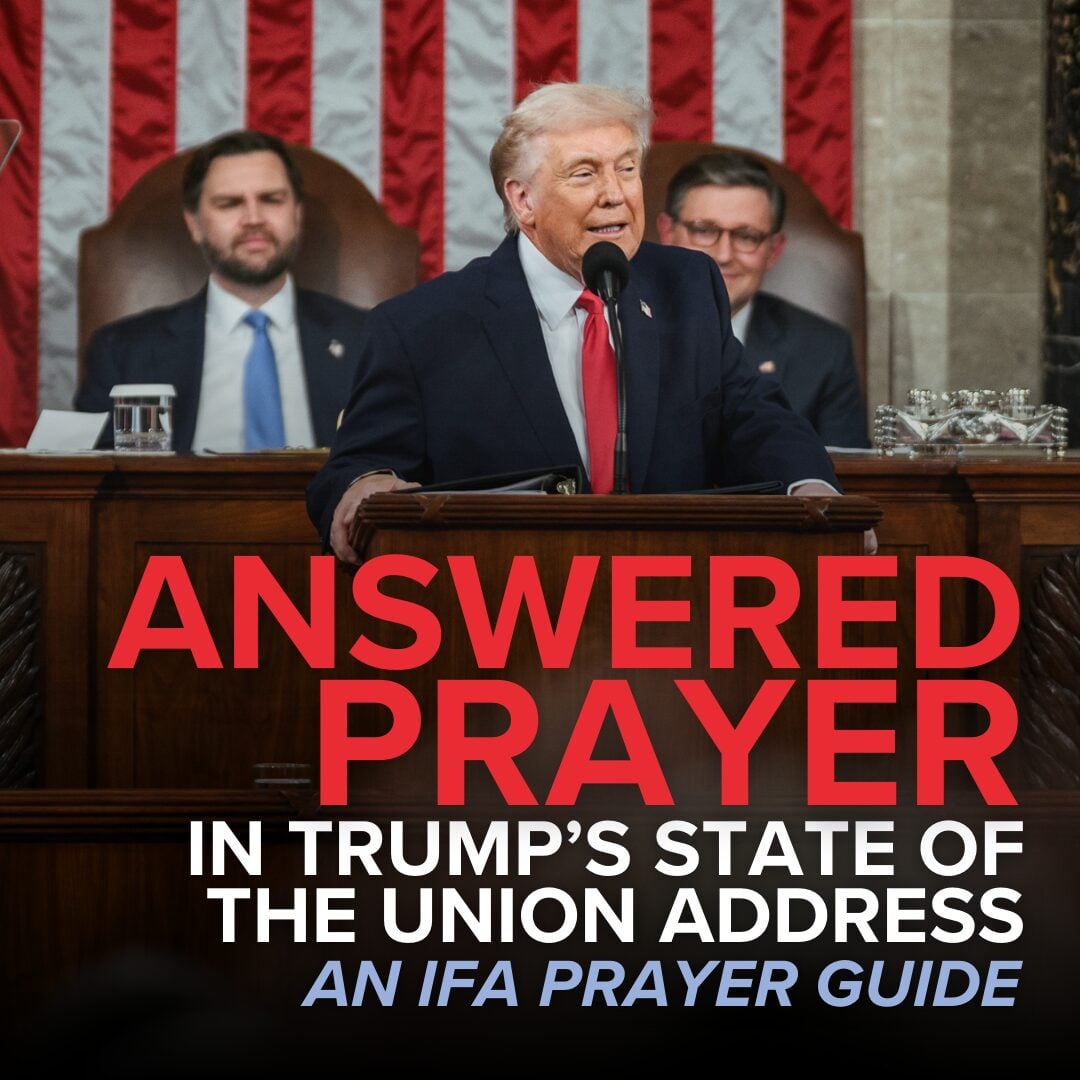LEFT FILES LEGAL ACTION OVER GEORGIA VOTING LAW
MISS NEVADA USA WON BY TRANSGENDER FOR FIRST TIME
PARENTS REJECTING SO-CALLED “EQUITY FOR ALL” PROPAGANDA
ARIZONA LEGISLATURE’S SURPRISING ACTIONS
GOV DESANTIS’ MOMENT OF SILENCE COMES UNDER FIRE
LEFT FILES LEGAL ACTION OVER GEORGIA VOTING LAW
With a major lawsuit seeking to strike down Georgia’s new elections law, the U.S. Justice Department started a long and difficult voting rights fight that will reverberate in political campaigns while winding its way through the courts.
The lawsuit will face a treacherous path after the failure of a sweeping election bill backed by Democrats in the U.S. Senate and the passage of voting bills in Republican-held state legislatures across the country.
The case was filed Friday, the eighth anniversary of a U.S. Supreme Court decision that scaled back the Voting Rights Act, the landmark civil rights law protecting racial minorities. That ruling removed federal preapproval of changes to elections rules in Georgia and other states with a history of discrimination.
Now, the courts are being asked to decide whether Georgia legislators targeted Black voters by limiting absentee voting in several ways: voter ID requirements, shorter deadlines, fewer ballot drop boxes, provisional ballot rejections and a ban on volunteers handing out food and water to voters waiting in line.
The case will inflame both sides of the political spectrum, reverberating in campaigns both next year in Georgia — now considered a battleground state — and likely in the 2024 presidential election.
“The stakes are viewed as very high,” said Richard Pildes, an election law professor at New York University. “People became much more aware of how much small changes could potentially make a difference in elections.”
Bearing the authority of the federal government, the lawsuit against the state of Georgia is the first major voting rights case brought by the Justice Department in the Biden administration.
Georgia’s majority Republican Legislature passed the state’s voting law in response to supporters of former GOP President Donald Trump, who falsely claimed the 2020 election was fraudulent and that he was the real winner. The law’s backers say it’s justified by a need to restore Republican voters’ confidence in the integrity of elections.
Critics of the law say it’s clear that parts of Georgia’s law disproportionately affect Black voters. Black voters were more likely to cast absentee ballots last year and less likely to have photo ID than white voters, according to state election data. . . .
Secretary of State Brad Raffensperger said ID requirements are fair, requiring voters to fill in a driver’s license or state ID number to vote absentee, or submit a photocopy of another form of ID.
“People have photo ID and they use it on a daily basis in just about any walk of life. You can’t board a plane and you can’t go anywhere these days without photo identification,” Raffensperger said. “It doesn’t matter what demographic group you come from. It’s going to be an objective measure.”
A tough legal landscape
The lawsuit’s prospects are uncertain in the federal court system.
It has been assigned to a judge appointed by Trump, J.P. Boulee, and conservative appellate courts have frequently rejected expansions of voting rights sought by plaintiffs in recent years. For example, an initial decision to extend Georgia’s Election Day deadline for absentee ballots to be returned was overturned on appeal.
Meanwhile, the U.S. Supreme Court is expected to rule within days on an Arizona case that could further erode protections for minority voters. The court is widely expected to uphold Arizona’s limits on ballot collection and out-of-precinct voting, which are also restricted in Georgia.
The Department of Justice’s lawsuit is the eighth against Georgia’s voting law since Gov. Brian Kemp signed it March 25.
The cases could take years to resolve, but courtroom battles begin Thursday. Boulee is considering a previously filed suit that takes issue with narrower parts with the law, including provisions for shorter absentee ballot application deadlines and the criminalization of election observations when someone could see how a voter cast a ballot. . . .
The repercussions of the lawsuit will be felt outside the courtroom, regardless of whether the case succeeds or fails.
Republican voters will be motivated by a law they see as providing reasonable protections, while Democrats will attempt to energize voters of color who believe their right to vote is under attack, Kreis said. . . .
The lawsuit is centered on the racial impact of Georgia’s voting law, Senate Bill 202, saying it was enacted in a state with a history of discrimination, a dramatic increase in Black use of absentee voting last year and the election of three Democrats they overwhelmingly supported last fall: President Joe Biden and U.S. Sens. Jon Ossoff and Raphael Warnock.
Racial impacts in Voting Rights Act
It alleges the law’s absentee ballot limitations were passed with a discriminatory purpose in violation of the Voting Rights Act, saying state legislators knew voting hurdles would hinder Black voters after Georgia flipped to a Democrat for president for the first time since 1992, when Bill Clinton won.
About 29% of Black voters cast an absentee ballot compared to 24% of white voters in the November election, according to the lawsuit.
The disparity in the law’s voter ID requirements are more severe, according to the lawsuit, which cites the same data first reported by The Atlanta Journal-Constitution earlier this month.
Of the more than 272,000 registered voters who don’t have an ID number on file with election officials, 56% of them are Black even though they make up only about 33% of the state’s population, according to the AJC’s analysis of state election records. . . .
Two recounts confirmed Biden’s victory, and the courts rejected lawsuits that sought to overturn the results. An audit of absentee ballot signatures in Cobb County found no cases of fraud. While investigators are still probing more than 100 complaints from November, they would not change the election result even if every allegation is substantiated. . . .
The lawsuit arrived soon after Republicans in the U.S. Senate blocked a wide-ranging elections bill sought by Democrats on Tuesday.
The legislation would have set new standards for early voting and automatic voter registration, revised campaign finance transparency rules, limited partisan gerrymandering and added ethics guidelines for federal lawmakers. It stalled on a 50-50 party-line vote. Under Senate rules, 60 votes are needed to avoid a filibuster and allow bills to be debated. . . .
After evidence, hearings and possible appeals in the courts, the Justice Department’s challenge to Georgia’s voting law could also eventually reach the U.S. Supreme Court, years from now.
What are your thoughts on this lawsuit? Let us know your thoughts and prayers for America in the comments below!
(Excerpt from The Atlanta Journal-Constitution. Article written by Mark Niesse and Greg Bluestein.Photo by Canva )
Partner with Us
Intercessors for America is the trusted resource for millions of people across the United States committed to praying for our nation. If you have benefited from IFA's resources and community, please consider joining us as a monthly support partner. As a 501(c)3 organization, it's through your support that all this possible.


We use cookies to ensure that we give you the best experience on our website. If you continue to use this site we will assume that you are happy with it. Privacy Policy





Comments
Why do you repost this article from THE ATLANTA JOURNAL-CONSTITUTION with misinformation, “ Legislature passed the state’s voting law in response to supporters of former GOP President Donald Trump, who falsely claimed the 2020 election was fraudulent and that he was the real winner. The law’s backers say it’s justified by a need to restore Republican voters’ confidence in the integrity of elections”.
President Donald Trump is correct in claiming that the 2020 election was fraudulent and he is the real winner.